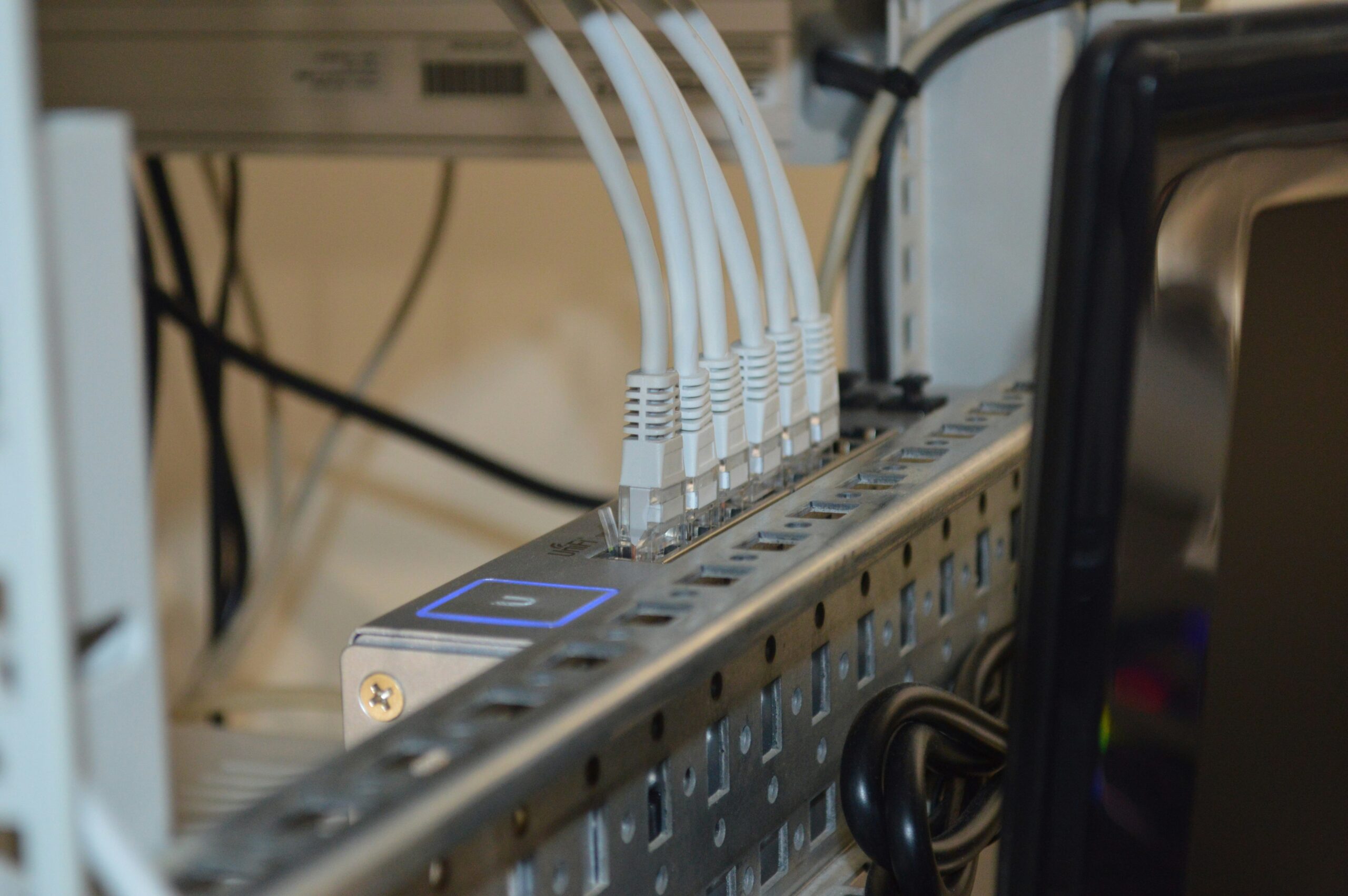More than half of the country has completed the initial steps of expanding internet access through the Broadband Equity, Access and Deployment (BEAD) program, a cornerstone of the National Telecommunications and Information Administration’s “Internet for All” initiative.
As of mid-August, 35 out of 56 states and territories have unlocked funding by completing each phase of the approval process, and several states have begun putting their funds into action on broadband projects.
Since the last Government Market News update in early July, a flurry of approvals have occurred, with the following states unlocking BEAD funding:
- Arizona: $993 million
- Connecticut: $144 million
- Hawaii: $149 million
- Louisiana: $1.355 billion
- Massachusetts: $147 million
- Missouri: $1.7 billion
- Montana: $628 million
- New Mexico: $675 million
- New York: $664 million
- Rhode Island: $108 million
- Tennessee: $813 million
- Virginia: $1.4 billion
- Wisconsin: $1 billion
- Wyoming: $347 million
Shortly after receiving approval, Montana took a pioneering step to become the first state to open its BEAD application portal for vendors within the state to begin building broadband infrastructure.
“This generational investment for Montana’s communities can’t wait any longer,” Montana Gov. Greg Gianforte said in a press release.
Meanwhile, using its BEAD funding, Louisiana has launched the GUMBO 2.0 program, allocating a substantial $1.355 billion to expand broadband access. This initiative seeks to connect 140,000 locations, including 100,000 homes (with 60,000 in rural parishes), 35,000 businesses and 4,000 community anchor institutions such as schools, hospitals and law enforcement agencies.
“GUMBO 2.0 will play a direct role in expanding access to health care, growing our state’s small businesses, providing opportunities in the education field, and integrating technology into our agricultural sector,” Louisiana Gov. Jeff Landry said in a press release. The program is expected to create 8,000 to 10,000 jobs and increase the state’s GDP by $1.3 billion.
In Tennessee, the BEAD funding is supporting a plan by the Tennessee Department of Economic and Community Development to provide high-speed broadband to all locations in the state by 2028. The program builds off efforts that have been underway already in Tennessee, with the state having reduced areas lacking access to high-speed internet from over 20% of the total area to less than 5% since 2021.
“High-speed internet has become an essential part of daily life,” Tennessee Gov. Bill Lee said in a press release. “This funding will allow us to make additional strategic investments to expand broadband infrastructure in rural areas and expand opportunity for success in education and the workplace.”
Wisconsin’s allocation of over $1 billion for broadband expansion is one of the larger state investments. The state’s plan seeks to connect more than 410,000 homes and businesses, with a particular focus on rural and underserved areas.
These developments demonstrate the BEAD program’s potential to provide near-universal access to the internet across the United States, with each state tailoring its approach to meet its unique geographic and demographic challenges.
With $42.45 billion allocated by passage of the 2021 Infrastructure Investment and Jobs Act, the BEAD program follows a multi-step approval process. As states transition from the approval phase to implementation, they are focusing on conducting challenges to ensure they set up a competitive grant process, opening application portals, and selecting subgrantees.
Photo by Thomas Jensen on Unsplash













